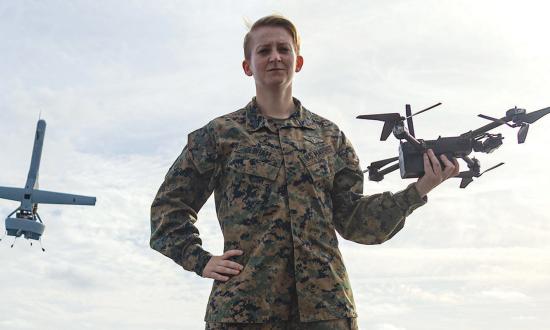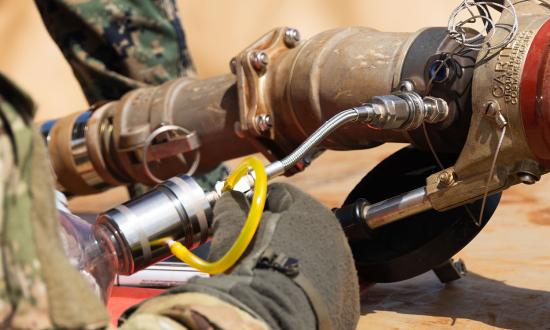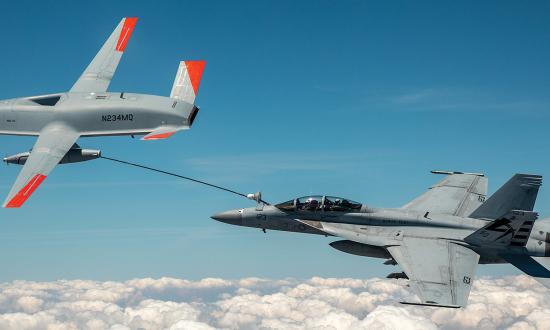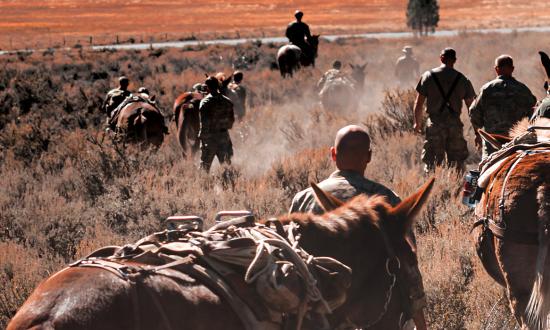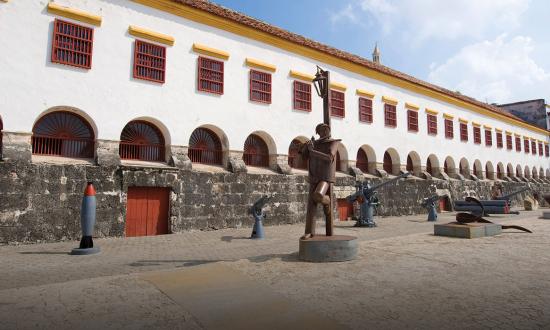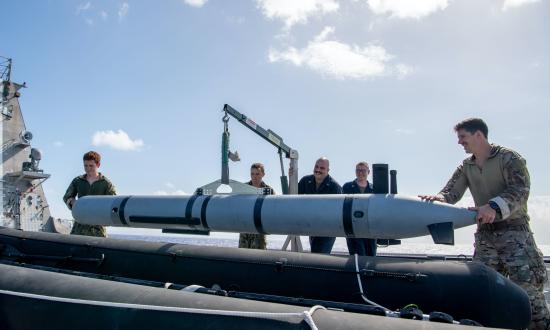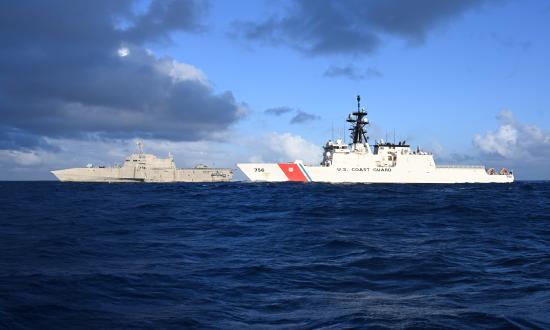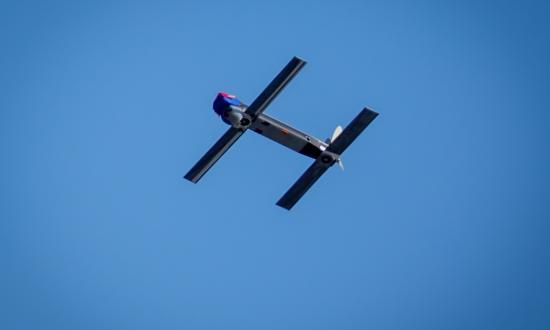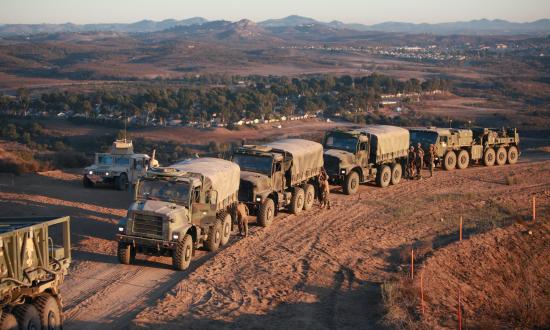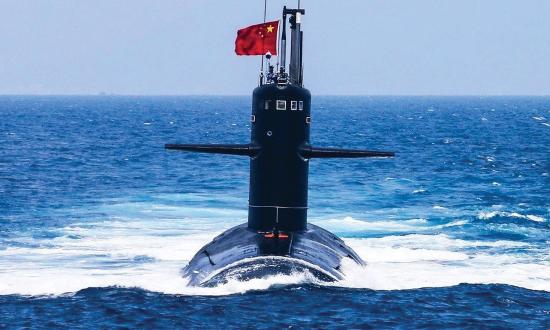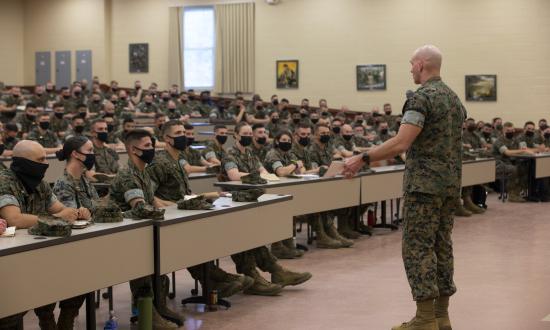Captain Walker D. Mills is a U.S. Marine Corps infantry officer serving as an exchange officer in Cartagena, Colombia and is the 2021 Military Fellow with Young Professionals in Foreign Policy, a Non-Resident Fellow with the Brute Krulak Center for Innovation and Future War and a Non-Resident WSD-Handa Fellow at Pacific Forum.
Quicklinks
Receive the Newsletter
Sign up to get updates about new releases and event invitations.




